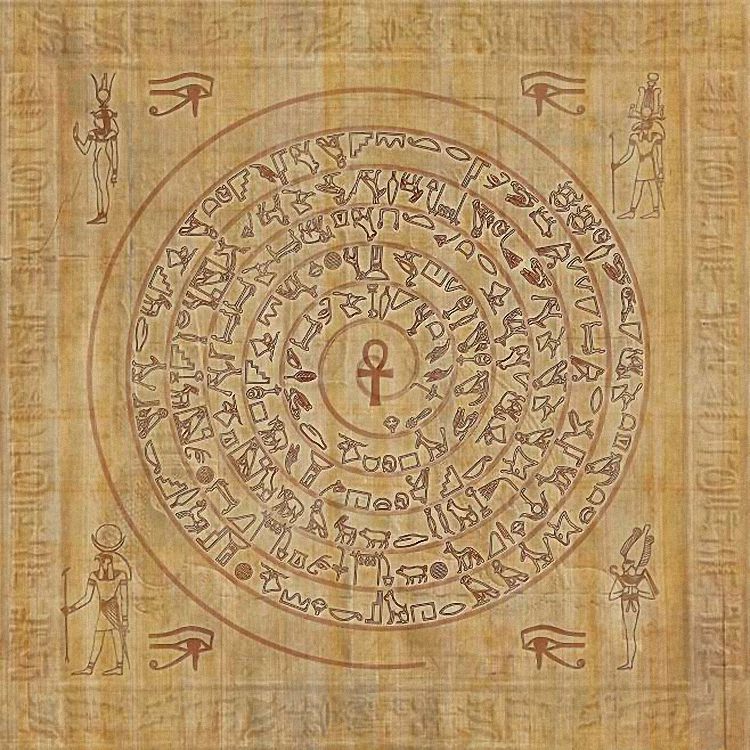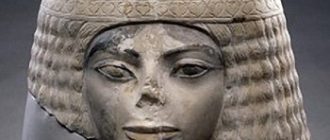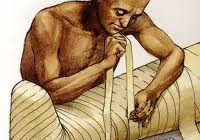Want to learn more about Egyptian astrology? Read on for a historical overview on the development of the science of astrology in ancient Egypt…
The birth pangs of classical Egyptian astrology were laid down following the takeover of Egypt by Alexander the Great. It is following this period that astrology took on the form of a formal science in the land of Egypt.
Alexander Conquers Egypt
Alexander the Great made his way to Egypt in 332 BC. It was but natural that Alexander would bring along with him Greek influence and it is through this influence that Babylonian astrology came into contact with traditional Egyptian Decamic astronomy.
This fusion gave birth to horoscopic astrology in Egypt. The new science was merged with traditional Greek Horoskopos, which was the ascendant. It also took into consideration the 12 celestial houses.
The most significant contribution that the Greeks have made to the science of astrology was the attempt to trace individual horoscopes by observing the positions of the stars and planets at the time of birth. This new direction in astrology managed to catch the interest of people all across Europe, India and the Middle East. Soon enough you had many nations and cultures experimenting with this new found this company.
Egyptian astrology. Ptolemy the Astrologer
When it comes to the development of Egyptian astrology, Ptolemy the astrologer played a significant role in advancing the science. Ptolemy was an expert astrologer during the Alexandrian reign in Egypt. He is credited for laying the foundations for Western astrological traditions in his famous book called Tetrabiblos.
The astrologer was responsible for rationalizing the planets, stars, houses as well as the signs of the zodiac. The manner in which Ptolemy set the functions of each of these elements remains relatively unchanged till today.
Egyptian Zodiac
It is believed that the first example of the Egyptian zodiac was found back in the first century BC. It was known as the Dendera Zodiac. Historians have stated that the Egyptian Pharaoh Nechepso was actually given the system of horoscope astrology.
During this pharaoh’s reign a large text was formulated in the form of a book that illustrated the explicit system and was to further lay the foundations for Hellenistic astrology. All horoscopic systems that followed after this development were primarily based on this system.
Cairo calendar
The Cairo calendar is perhaps the most important document that helps in establishing a proper understanding of Egyptian astrology. It is within this calendar that we can find an exhaustive list of all the days that are part of the Egyptian year.
The days are categorized into three distinct parts that are meant to symbolize the days that are favorable, the days that are unfavorable and the third category was for days on which mythological events took place.
The Cairo calendar also had another category that illustrated the kind of behavior that was associated with each day. It was different from the modern-day horoscope that is published in the newspapers with respects to the fact that you could not choose to not follow the horoscope whereas in modern days you are free to choose.
Back in Egypt they would strictly adhere to what the astrologer would advise them to do on each particular day.





